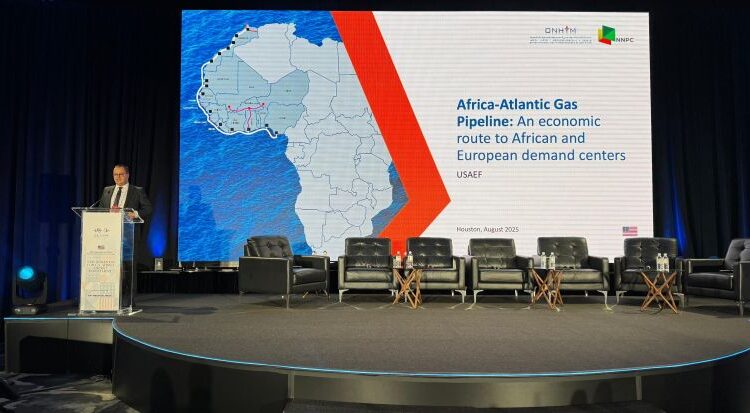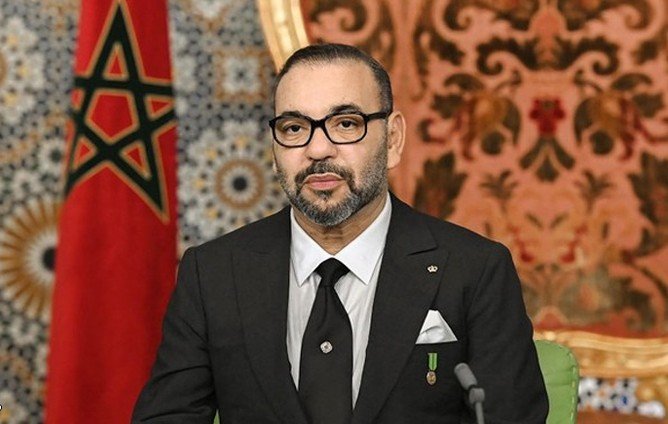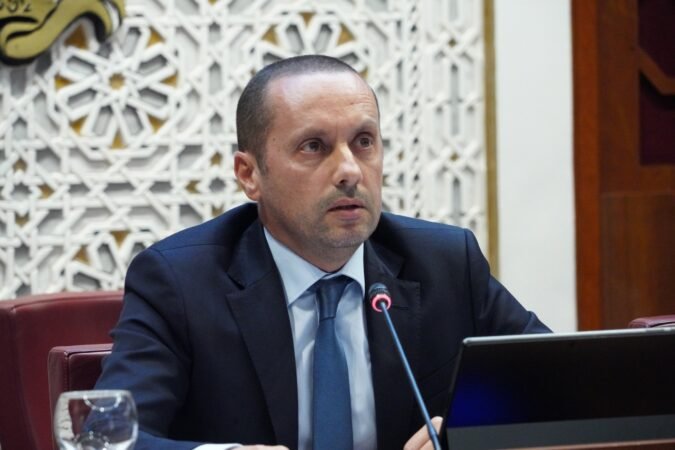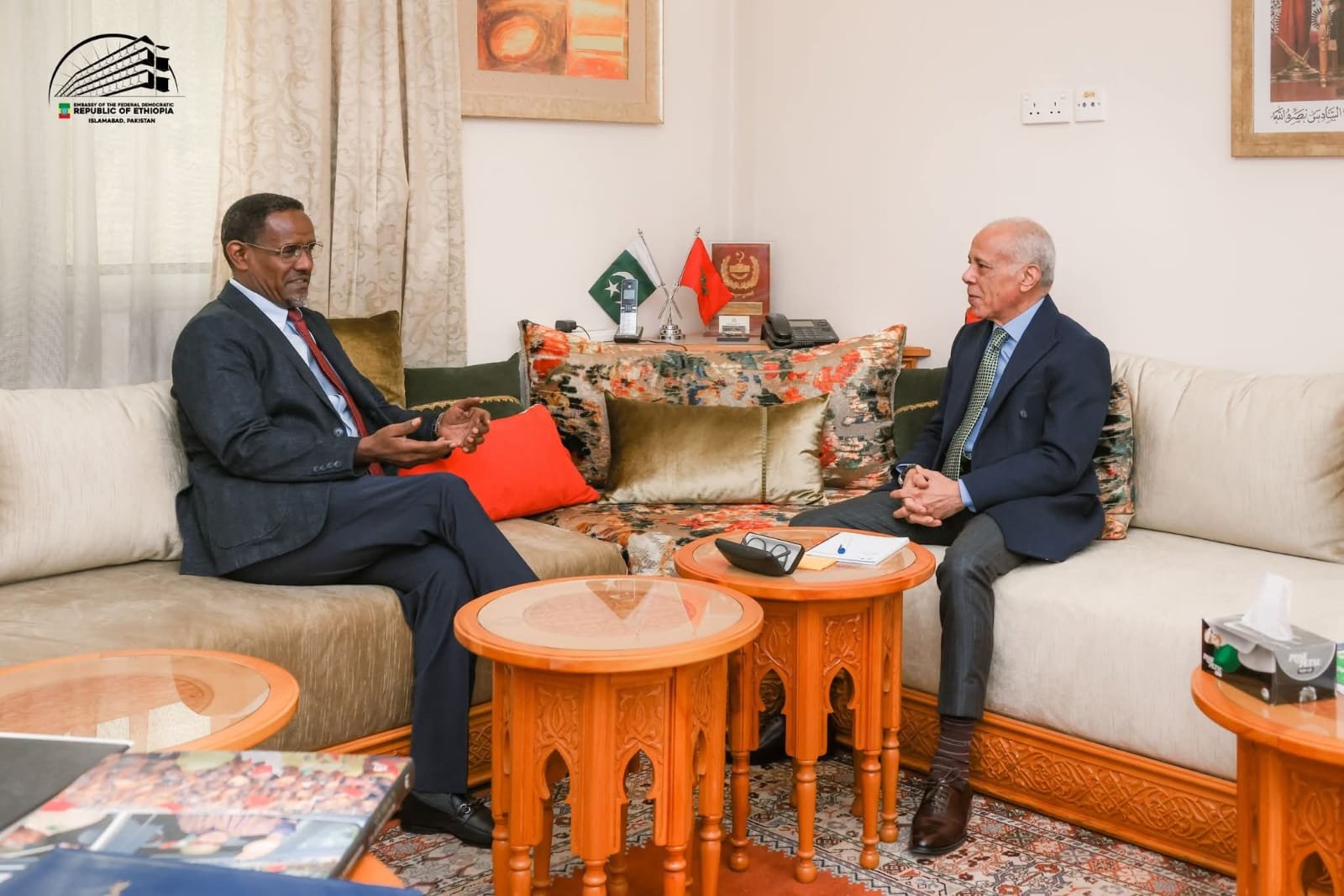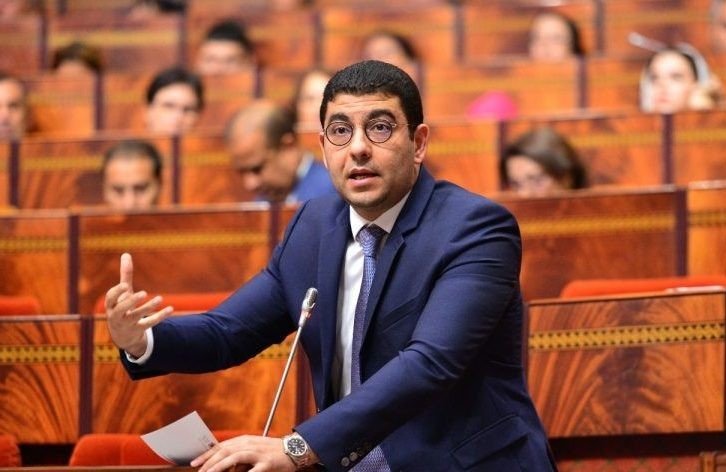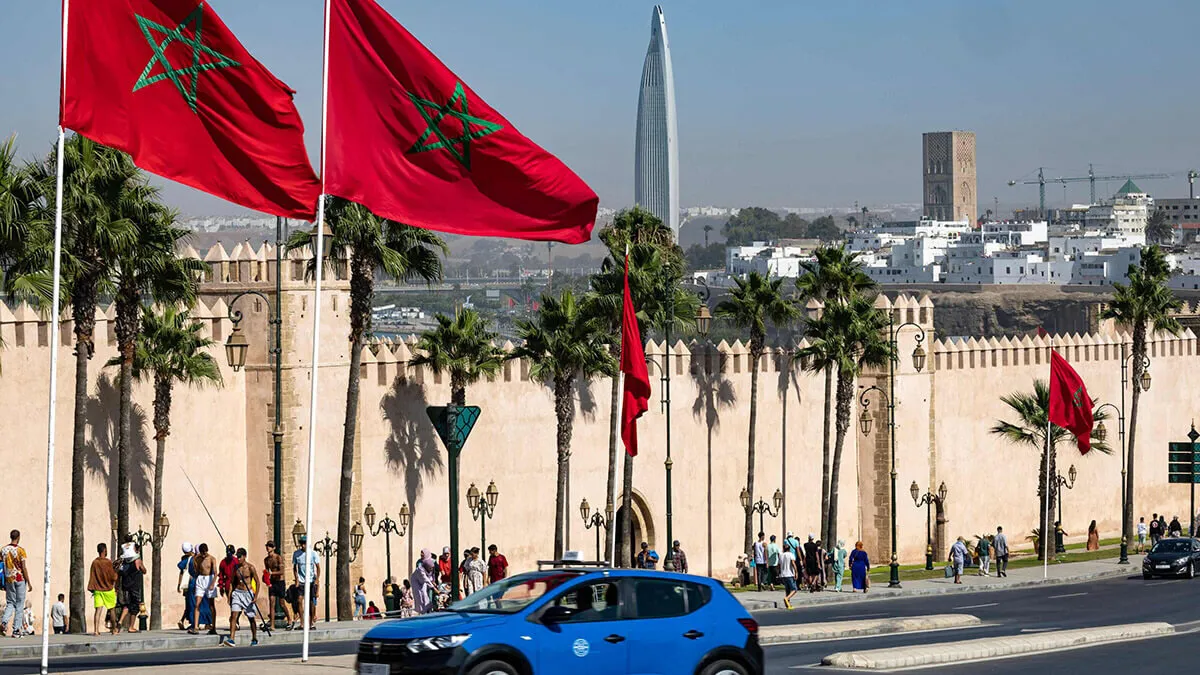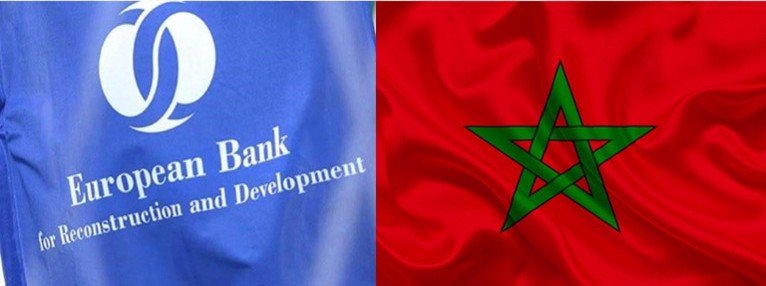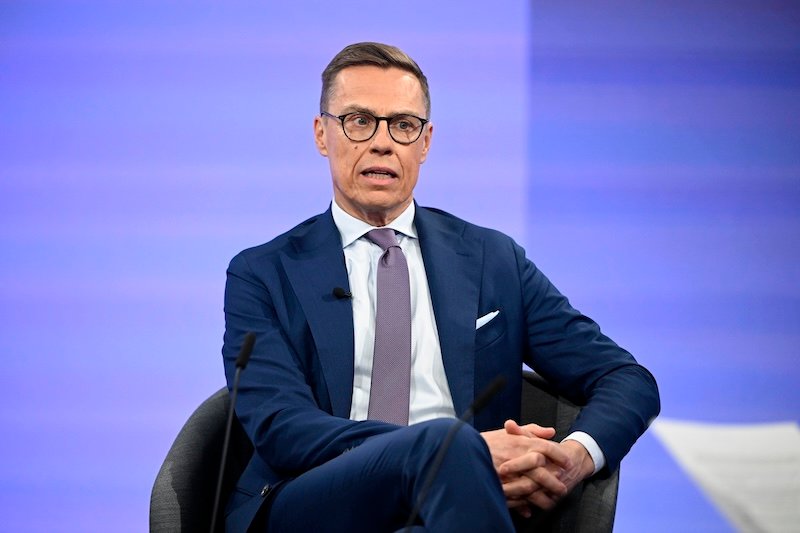Rabat, August 18, 2025 – The Europe Today: Morocco joined fellow African nations at the US-Africa Energy Forum in Houston, Texas, on August 6–7, to promote strategic investment opportunities across the continent, with a particular focus on the $25 billion Nigeria-Morocco Gas Pipeline project.
The ambitious project, launched in 2017 under the guidance of King Mohammed VI of Morocco and former Nigerian President Muhammadu Buhari, aims to connect Nigeria’s vast natural gas reserves to Morocco and European markets. Spanning approximately 6,000 kilometers, the pipeline is expected to transport 15–30 billion cubic meters of natural gas annually, benefiting an estimated 400 million people across 13 countries.
Representing Morocco’s National Office of Hydrocarbons and Mines (ONHYM), Director of Project Finance Nawfal Drari highlighted the project’s progress and its investment potential, noting that it has reached a “strategic phase” ahead of the Final Investment Decision. He stressed that the pipeline would not only provide sustainable and affordable energy but also strengthen economic and social integration across Africa.
The forum’s location in Houston — home to more than 4,600 energy-related companies and regarded as the “Energy Capital of the World” — provided Morocco with a prime platform to seek US investment. American interest in African energy infrastructure is growing, with the US International Development Finance Corporation (DFC) signaling openness to supporting both upstream and downstream oil and gas projects. DFC Director Selam Demissie confirmed that the agency is “actively looking” at opportunities across the continent.
Industry experts view the Nigeria-Morocco Gas Pipeline as transformative, positioning Morocco as a key energy transit hub linking Europe, Africa, and the Atlantic basin. Officials emphasize that the project will create thousands of jobs, drive industrial development, and expand reliable energy access throughout West and North Africa.
Recent milestones include the completion of detailed design studies and environmental and social impact assessments for the northern section, alongside the approval of an Intergovernmental Agreement by West African leaders at the 66th ECOWAS Summit in December 2024. Construction is planned in phases, with a holding company overseeing financing and three separate project companies managing different segments.
Seen as one of the most ambitious energy infrastructure projects on the continent, the Nigeria-Morocco Gas Pipeline reflects both Africa’s growing role in global energy security and increasing US interest in strategic partnerships across the sector.
